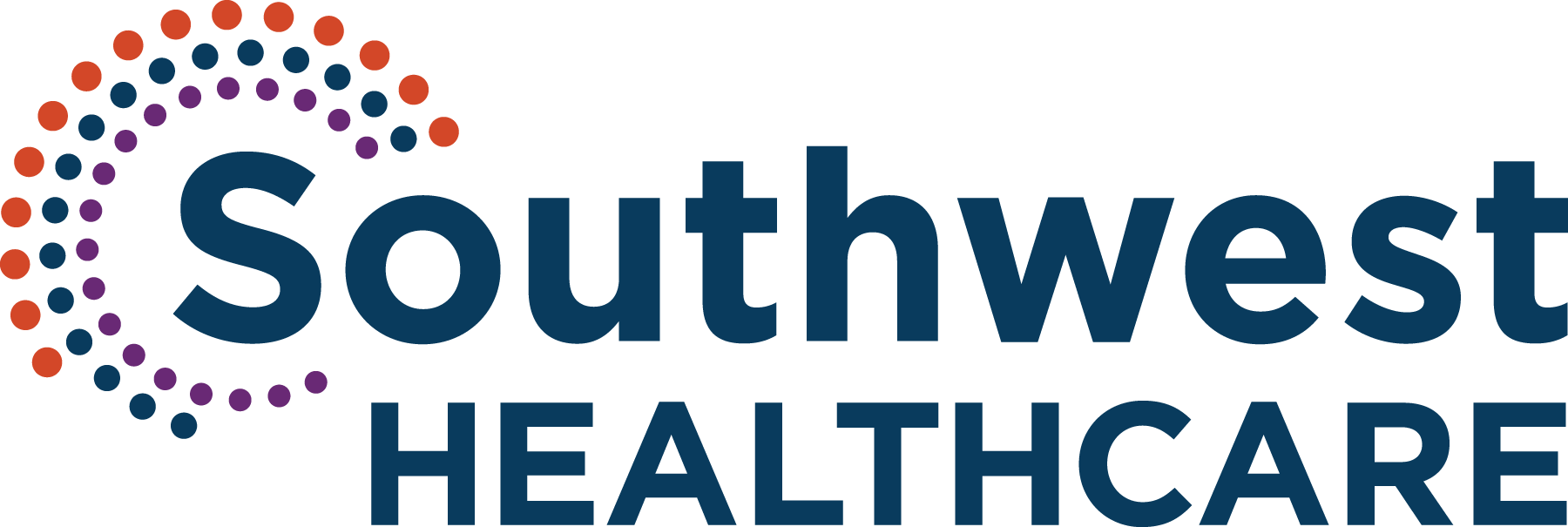Hate going to the doctor? What you hear while there may be life-saving.
 Some people, especially men, tend to avoid the doctor's office unless they feel it's absolutely necessary (and even then may be reluctant to go). But seeing the doctor regularly now may reduce the number of visits needed over time.
Some people, especially men, tend to avoid the doctor's office unless they feel it's absolutely necessary (and even then may be reluctant to go). But seeing the doctor regularly now may reduce the number of visits needed over time.
Routine medical appointments help doctors detect potential health issues early, when they can be reversed or are more easily treatable. What you hear from a doctor at these visits can keep you from having to make more frequent appointments down the road because you have a serious medical issue and may keep you out of the hospital—it may even save your life.
Here are 6 things your doctor may say at these appointments that can be lifesaving if heard early enough.
- "Your cholesterol is high." The risk of having high cholesterol can start as early as your twenties (or even sooner) and increases with age. Too much LDL, or "bad" cholesterol, in the blood causes plaque build-up in the artery walls. This puts you at higher risk for heart attack, stroke and peripheral artery disease. A doctor can check cholesterol levels with a routine blood test. If it's high, you can begin to get levels back into a healthy range.
- "You have high blood pressure." You may be surprised to learn that many people who have high blood pressure don't know it. Your age, weight, lifestyle and family history all affect blood pressure. Even if you don't have any symptoms, high blood pressure can lead to heart disease, stroke or kidney failure. A doctor can diagnose high blood pressure at a routine appointment. If it's high, you'll be given advice for how to lower it.
- "You may have heart disease." Ever wonder what your doctor hears when he or she listens to your heart with a stethoscope? This is one way to find an irregular heartbeat, heart murmur or other symptoms of heart disease that you'd never know about on your own. Getting your heart checked regularly allows your doctor to monitor your heart and identify issues before they have the potential to be fatal. And that's a good thing because as many as half of men who die from heart disease never show any obvious symptoms beforehand.
- "Your blood sugar is high." About one-third of Americans with diabetes don't know they have it. Uncontrolled diabetes can lead to heart disease, stroke, kidney disease, blindness, nerve damage and erectile dysfunction. Getting diagnosed is the first step to controlling diabetes and avoiding health complications. Your doctor can recommend ways to help lower high blood sugar, including diet, exercise and possibly medication.
- "You may have prostate cancer." Prostate cancer is one of the most common cancers in American men. About 1 in 8 men will be diagnosed with prostate cancer during their lifetime, according to the American Cancer Society. During routine exams, a doctor can check the prostate for possible abnormalities. Survival rates are high if you have prostate cancer and begin treatment early.
- "You're at high risk for COVID-19 complications." Some health conditions increase your risk of becoming severely ill from COVID-19, including obesity, diabetes, heart conditions and chronic lung problems. Your doctor can tell you if you're at high risk of serious illness from COVID-19. This can empower you to take more precautions against the virus so you're less likely to get sick.
Copyright 2022 © Baldwin Publishing, Inc. All rights reserved. Health eCooking® is a registered trademark of Baldwin Publishing, Inc. Cook eKitchen™ is a designated trademark of Baldwin Publishing, Inc. Any duplication or distribution of the information contained herein without the express approval of Baldwin Publishing, Inc. is strictly prohibited.
Date Last Reviewed: April 14, 2022
Editorial Review: Andrea Cohen, Editorial Director, Baldwin Publishing, Inc. Contact Editor
Dietary Review: Perry Pitkow, MD
Learn more about Baldwin Publishing Inc. editorial policy, privacy policy, ADA compliance and sponsorship policy.
No information provided by Baldwin Publishing, Inc. in any article is a substitute for medical advice or treatment for any medical condition. Baldwin Publishing, Inc. strongly suggests that you use this information in consultation with your doctor or other health professional. Use or viewing of any Baldwin Publishing, Inc. article signifies your understanding and agreement to the disclaimer and acceptance of these terms of use.
